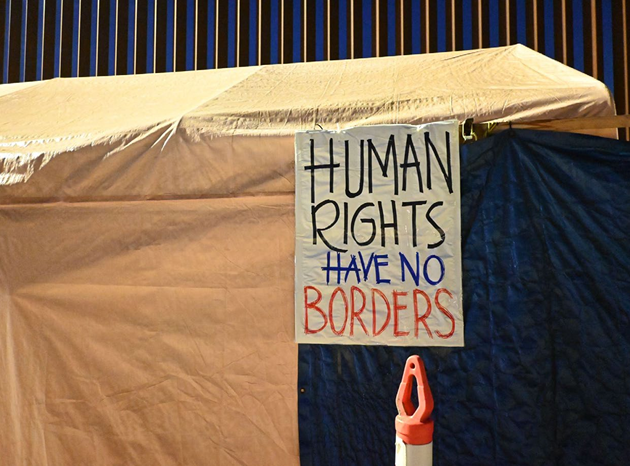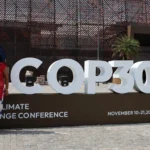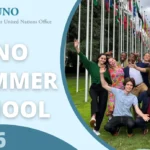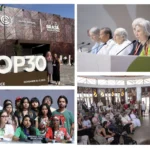The SJES team was approached by the DPP (Dialogue on Plastic Pollution) Secretariat for feedback on their Zero Draft in preparation for the World Trade Organization's (WTO) Thirteenth Ministerial Conference (MC13) scheduled in Abu Dhabi from 26-29 February 2024. In our submission, the SJES team highlighted the significant role of subsidies in the plastic industry and underscored the broader social implications of plastic pollution, especially on marginalized communities. They recommended clearer waste management guidelines, enhanced transparency through better plastic labeling, and championed principles like the Polluter Pays Principle (PPP) and extended producer responsibility (EPR). With this feedback, the team aspires to strengthen the WTO's approach against plastic pollution by integrating environmental and social concerns. You can find our submission attached below.
QUNO’s Contribution to Zero Draft for MC13 Outcome – Dialogue on Plastic Pollution









